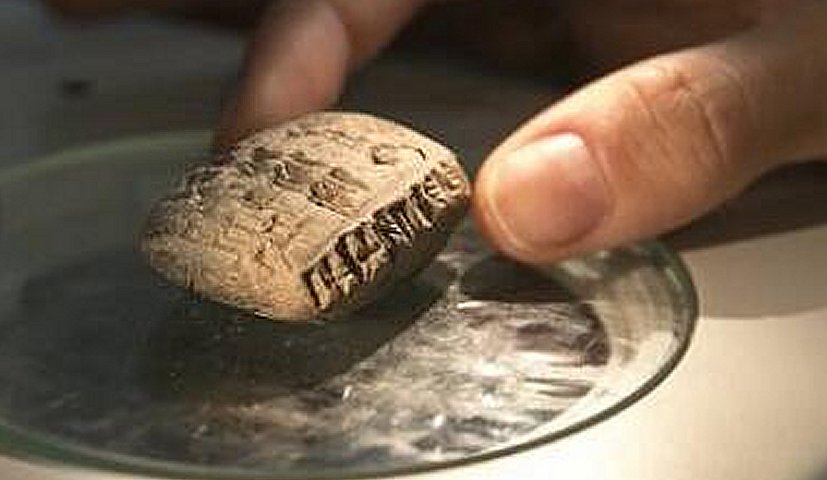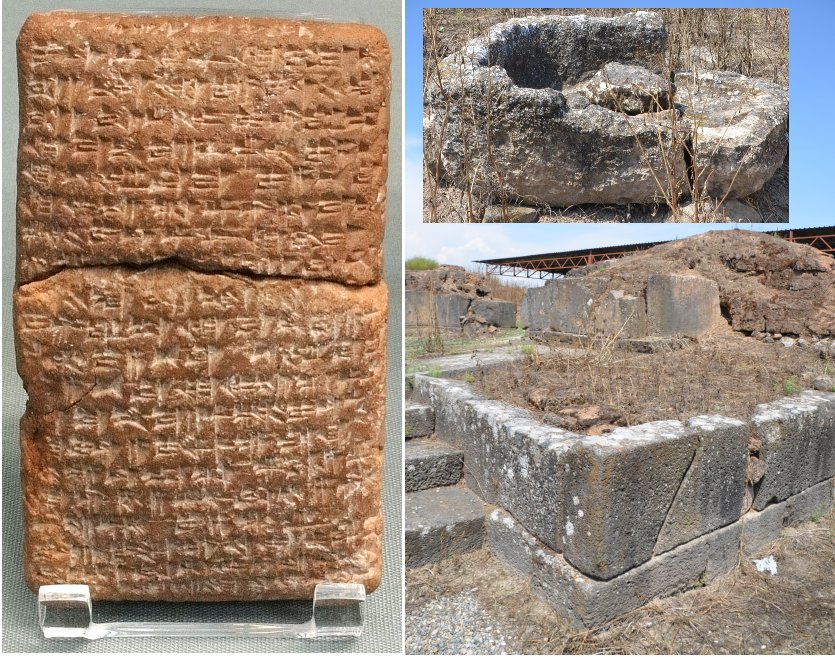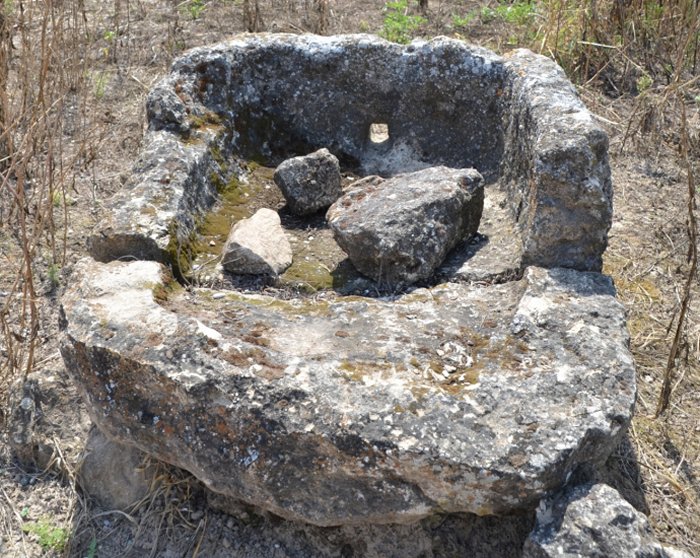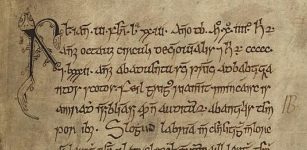3,400-Year-Old Cuneiform Tablet Excavated In Old City Of Alalah
Conny Waters – MessageToEagle.com – A 3,400-year-old cuneiform tablet has been discovered during archaeological excavations carried out in Aççana Mound, the old city of Alalah in the Reyhanlı district of the southeastern province of Hatay.

A 3,400-year-old tablet has been found in Hatay.
Alalaḫ was an ancient city-state, a late Bronze Age capital in the Amuq River valley of Turkey’s Hatay province. It was inhabited before 2000 BC but it was destroyed in the 12th century BC and never reoccupied again. In the city, there were built palaces, temples, fortifications, and private houses.
Alalakh was founded by the Amorites (in the territory of present-day Turkey) during the early Middle Bronze Age in the late 3rd millennium BC. The first palace was built approximately in 2000 BC, contemporary with the Third Dynasty of Ur. According to Murat Akar, the head of the excavations, and an academic from the Hatay Mustafa Kemal University, many important discoveries were made during the excavations conducted at the site.
One example is the 3,400-year-old cuneiform tablet, which is considered as an artifact of great value, because as Akar said “it is not easy to reach cuneiform texts, especially those dated to the Bronze Age.” Such texts contain important historical information and in this case, the cuneiform tablet found in the ruins of the old city of Alalah is a valuable finding.

Left: Clay tablet; treaty between Idrimi of Alakakh (now Tell Atchana) and Pillia of Kizzuwatna (now Cilicia); sealed with a stamp seal in the Hittite manner on a raised central area; the seal was probably Pillia’s but is too faint to be identified; complete, rejoined at the centre. Image source: Right: Alalah ruins. Image credit: Turkish Archaeological News
The researcher explained that the ancient city of Alalah was the capital of the regional Kingdom of Mukish, which was located in the Amik Plain in the past, and stated that they have been trying to understand the traditions and cultures and sociopolitical structure of the region in the Bronze Age with the archaeological research they have conducted for 20 years.
See also
Kingdom Of Mitanni: Forgotten For Millennia But Once Great Power Of Ancient West Asia In 2000 BC
The Hittites – Rise And Fall Of An Ancient Powerful Empire In Anatolia
In the tablet are mentioned “payments made to a king”, however, the researchers do not know who the king was and what was his name, writes Hurriyet Daily News.
Additionally, “the tablet is still very important to us, within the time period between 400 and 350 years B.C,” explained Murat Akar.
“We know that there was a fight between Mitanni and the Hittite Empire in the region, and the regional kingdom between this fight actually served the Hittite empire once and then the Mitanni empire. Tablet is important to us in this sense. We will also find out who the king was.”

Ruins of the ancient city of Alalah, Hatay province, Turkey. Image source
Akar said that the tablet was read by the team member, an Assyriologist Jacob Lauinger from Johns Hopkins University, who focuses on Akkadian cuneiform texts of the first and second millennium B.C especially peripheral (i.e. extra-Mesopotamian) dialects of Akkadian.
Many archaeological works were conducted in Alalah. The famous British archaeologist, Leonard Woolley (1880 – 1960 who is best known for his excavations at Ur in Mesopotamia, also excavated in the ancient city of Alalah. The first round of work began in 1936. It was interrupted by the outbreak of World War II but later, the work was resumed under the same management between 1946 and 1949. These excavations, as we mentioned earlier, revealed the remains of palaces, temples, private houses, and fortifications.
One of the most impressive discoveries made by Wooley’s team was the statue of King Idrimi (now in the British Museum) who was a king of Alalakh c. early 15th century BC. Idrimi succeeded in gaining the throne of Alalah and founded the kingdom of Mukish. Idrimi ruled from Alalakh as a vassal to the Mitanni state.
Written by Conny Waters – MessageToEagle.com – AncientPages.com Staff Writer










